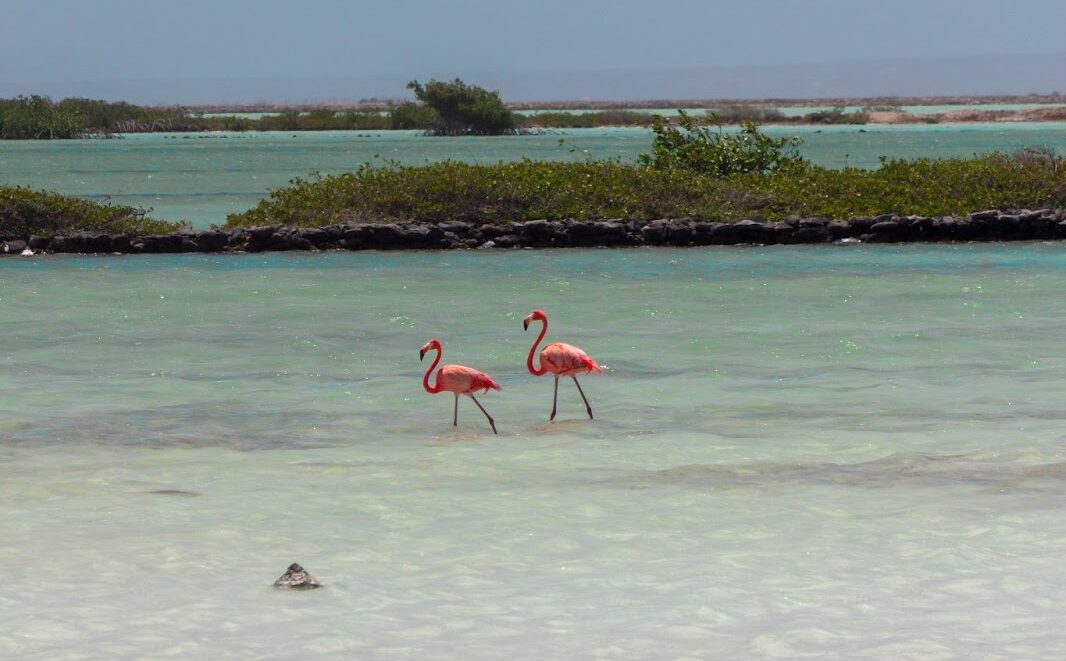
PRISM international is proud to announce the winning pieces from our 2023 Creative Nonfiction Contest along with Suzannah Showler’s judge’s essay.
Suzannah Showler is the author of two collections of poetry and a book of cultural criticism about The Bachelor franchise. Her first novel, Quality Time, is forthcoming from McClelland & Stewart in May 2023. You can read her work in The New York Times Magazine, Harper’s, Slate, Buzzfeed Reader, The Walrus, Maisonneuve, Hazlitt, The Los Angeles Review of Books, and elsewhere. Her work has been nominated for and sometimes won awards.
Judge’s Essay
Back in the summer, chatting via email with the PRISM international editors about what I look for in a great essay, I wrote: “I really love creative nonfiction that is guided by curiosity . . . The kind of nonfiction I’m drawn to doesn’t disregard interiority, but it’s about more than the author’s inner life. I love to read something that uses the author’s particular consciousness and experience to draw something out of the world, making it stranger, or more familiar, or more real to me.”
I came away from reading the essays shortlisted for this contest in a renewed world. I had felt a chicken’s tender wattle—“a well-worn leather purse, the hands of your great grandmother, or a newborn baby’s fresh pink earlobe”—and cradled the freshly-slaughtered body of a hen against my chest. I’d traced the history of identifying, describing, and treating the tonic-clonic (or grand mal) seizure, travelling to Ancient Greece to find a physician comparing such a seizure to a decapitated animal in its death throes, foam at the mouth like “the tide-edge of the sea.” I’d followed a daughter on a search to understand her mother’s suppressed Indigeneity and history as a residential school survivor, locating a truth that felt, “taking out a life-long splinter, one lodged deep in the skin, painful at first but then an easing.” I’d wandered around with a magnifying glass in hand to get up close and personal with lichen—“this scape of crusting colours and small tufty towers rising from the bark of Ponderosa pine”—and learned that lichen is not so much a thing as a process: an evolving, mysterious exchange between algae, fungi, and bacteria. Each of these essays gifted me quiet, memorable details that brought the world closer and taught me something new. Each one answered questions I hadn’t known to ask.
The winning essay, “Young Bird,” impressed me with its precise imagery and deft tonal acrobatics. Like the two eagles it describes who swoop down to converge on a robin and “wishbone it in their talons in midflight, each taking half,” this essay pulls the reader between tenderness and melancholy, violence and humour. Good-natured banter and quick turns belie an unsettled and unsettling tour of a natural world in which predators pick off the edges of a flock, carrion split open the bodies of dead mother animals, and fledglings are cannibalized by parents and siblings.
I felt that this essay articulated something about the casual, often banal way that terror and worry embeds itself in parenting. (As a new parent myself, I admittedly found this particularly affecting.) The essay asks: how do we show children the world? How to educate a person and yet still protect them? How to live with the great wallop of vulnerability that comes from caring for a child? “Young Bird” asks these questions while remaining charming and light-footed—an impressive feat.
Please join us in congratulating these writers!
Grand Prize
“Young Bird” by Aaron Rabinowitz
Runner-Up
“The Idioms of Mother Hens” by Britt Gillman
Second Runner-Up
“Legacy” by Melinda Burns
Thank you to Suzannah Showler and all who submitted!